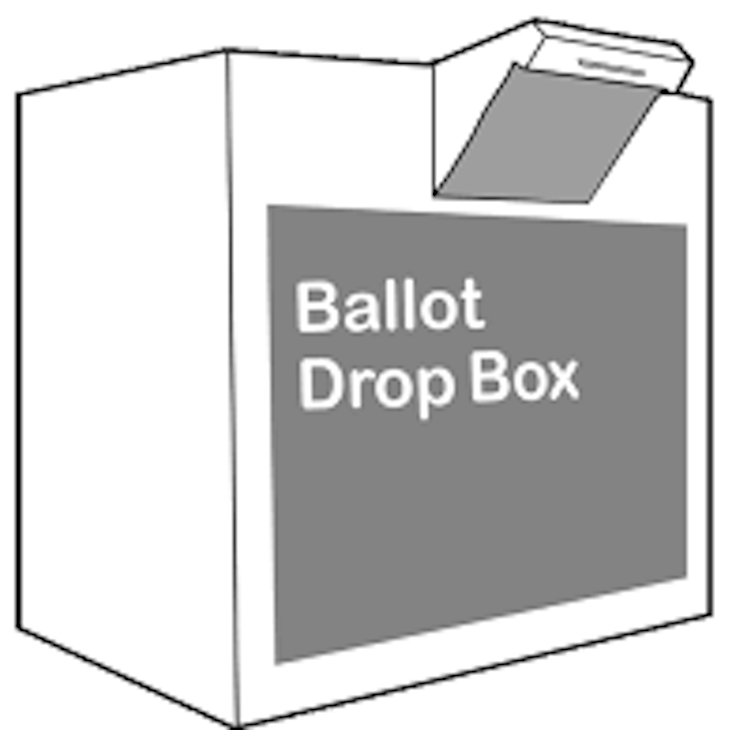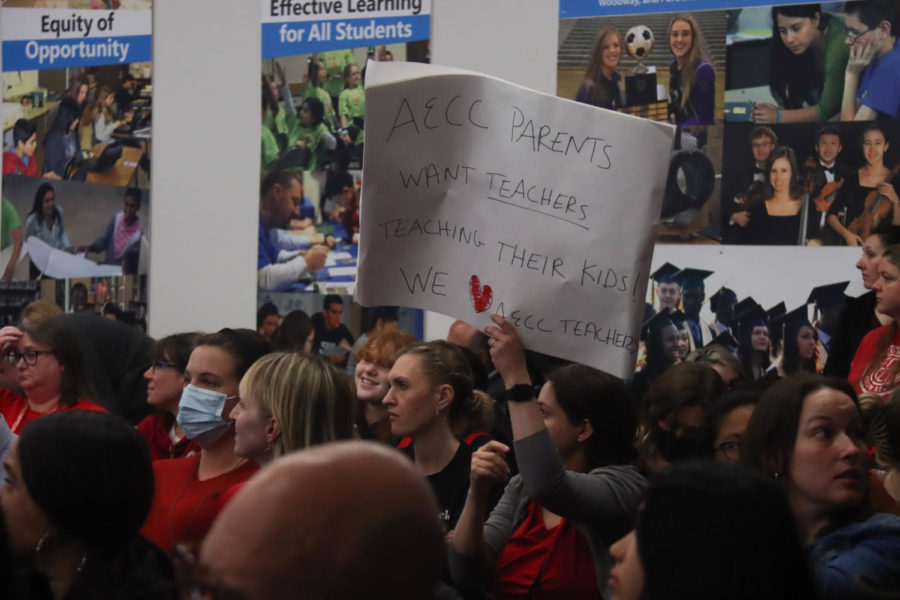The closest presidential cabinet confirmation vote in United States history was made on Tuesday, Feb. 7. The Senate voted 51-50 to confirm Betsy DeVos as the 11th Secretary of Education, with Vice President Mike Pence casting the tie-breaking vote.
All Democrats and Independents in the Senate voted against her confirmation and were joined by two Republicans, Lisa Murkowski of Alaska and Susan Collins of Maine. Comparatively, other cabinet appointments by President Donald Trump were confirmed with much higher levels of support in the Senate, such as confirming Secretary of Defense James Mattis with a vote of 98-1.
Public education advocates, teachers and teacher unions opposed the confirmation of DeVos. The American Federation of Teachers (AFT) and the National Education Association strongly opposed DeVos as well. Concern was raised over the experience of DeVos in public education and her knowledge of contemporary education issues.
Randi Weingarten, a public education advocate in NYC and AFT president, consistently opposed DeVos throughout the confirmation proceedings.
“DeVos has no meaningful experience in the classroom or in our schools. The sum total of her involvement has been spending her family’s wealth in an effort to dismantle public education in Michigan. Every American should be concerned that she will impose her reckless and extreme ideology on the nation,” Weingarten said.
Science teacher Adam Welman voiced strong criticism of DeVos, who he views as unqualified for her position as Secretary of Education.
“The president has the right to nominate cabinet secretaries and a variety of other positions, as he or she should, and the senate should provide advice and consent, not entirely based on [the nominee’s] political background, but on their qualifications. Betsy DeVos was not qualified for the job, which was why her nomination hearing was so close,” Welman said.
Welman said DeVos has a lack of knowledge on the Individuals with Disabilities Education Act (IDEA), a federal law which provides access to education for students who have learning support needs.
The law provides students with specialized education needs with an Individualized Education Program (IEP), which determines individual goals for students identified as having a disability. This allows those students to reach personalized and realistic educational goals within their abilities.
“My daughter has an IEP,” Welman said. “And without it, she wouldn’t be able to go to school. Betsy DeVos, when she was asked about the IDEA by a U.S. senator who has a son with cerebral palsy, she said, ‘Oh, I think that’s an issue best left up to the states.’ She didn’t even know it was a federal requirement.”
Welman was also concerned with DeVos not knowing the difference between students who are showing proficiency and students who are showing progress.
“Senator Al Franken [of Minnesota] asked her about the difference between a student showing progress versus proficiency, which to people not in education is a bit of a nerdy question, but to folks like me who think about it, any educator should know that and she clearly had no idea,” he said.
Also, DeVos told Connecticut Senator Christopher Murphy, “I think that’s best left to locales and states to decide,” regarding the role of guns in public schools.
This comment drew criticism of DeVos, as many believed this showed her lack of knowledge about issues relating to gun violence in schools.
DeVos has never attended or worked in a public school and all four of her children attended private schools. She was the chairwoman of the Michigan Republican Party from 1996-2000 and again from 2003-2005.
The DeVos family has been active in Republican politics for decades and has donated around $200 million to Republican causes since 1989. They have also hosted fundraisers for the campaigns of Republicans such as former President George W. Bush and former Governor Mitt Romney. She previously spent two years as the chairwoman of the National Republican Senatorial Committee finance committee.
DeVos has long worked as an advocate for charter schools and has promised to greatly expand them. Charter schools are schools that operate independent of the government and school districts, but receive both federal funding and funding from the companies that operate them.
Advocates for charter schools believe they allow kids in disadvantaged school districts to attend successful schools that meet their individual needs. However, opponents argue charter schools draw away much needed funds from public schools, as both charter and public schools are funded by the Department of Education.
Little evidence suggests charter schools perform better than public schools. A recent study from the Center for Public Education found 46 percent of charter schools performed about the same on testing as their public school counterparts, 37 percent performed significantly worse and 17 percent performed significantly better.
Charter schools have been found to foster an environment of segregation. A Civil Rights Project study at the University of California reported “seven out of 10 African American charter school students attend schools where 90 percent of the students are racial and ethnic minorities.”
DeVos has long been an advocate of school vouchers, which allow students to attend private or religious schools while receiving government funding. DeVos has promised to greatly increase funding for school vouchers, seeing them as providing “school choice” to families.
However, opponents point out that school vouchers draw money away from public education. School vouchers are also criticized for spending tax dollars on religious and private education, which only benefit a select number of kids.
“I think we have somebody leading the Department of Education who has no idea how public schools work, and I think she’s trying to advance an agenda about school vouchers and not about public schools,” Welman said.
Although the majority of elected officials in Washington state oppose DeVos’ ideas, her policies could still impact MTHS. If she cuts federal funding for public schools, then school districts will have less money to spend on students.
DeVos is also in a position to cut federal protections for at-risk students. She has already struck down federal protections for transgender students to use the bathroom of the gender they identify with. Many fear DeVos will later remove other protections, such as federal mandates for equal access of boys and girls to sports.










